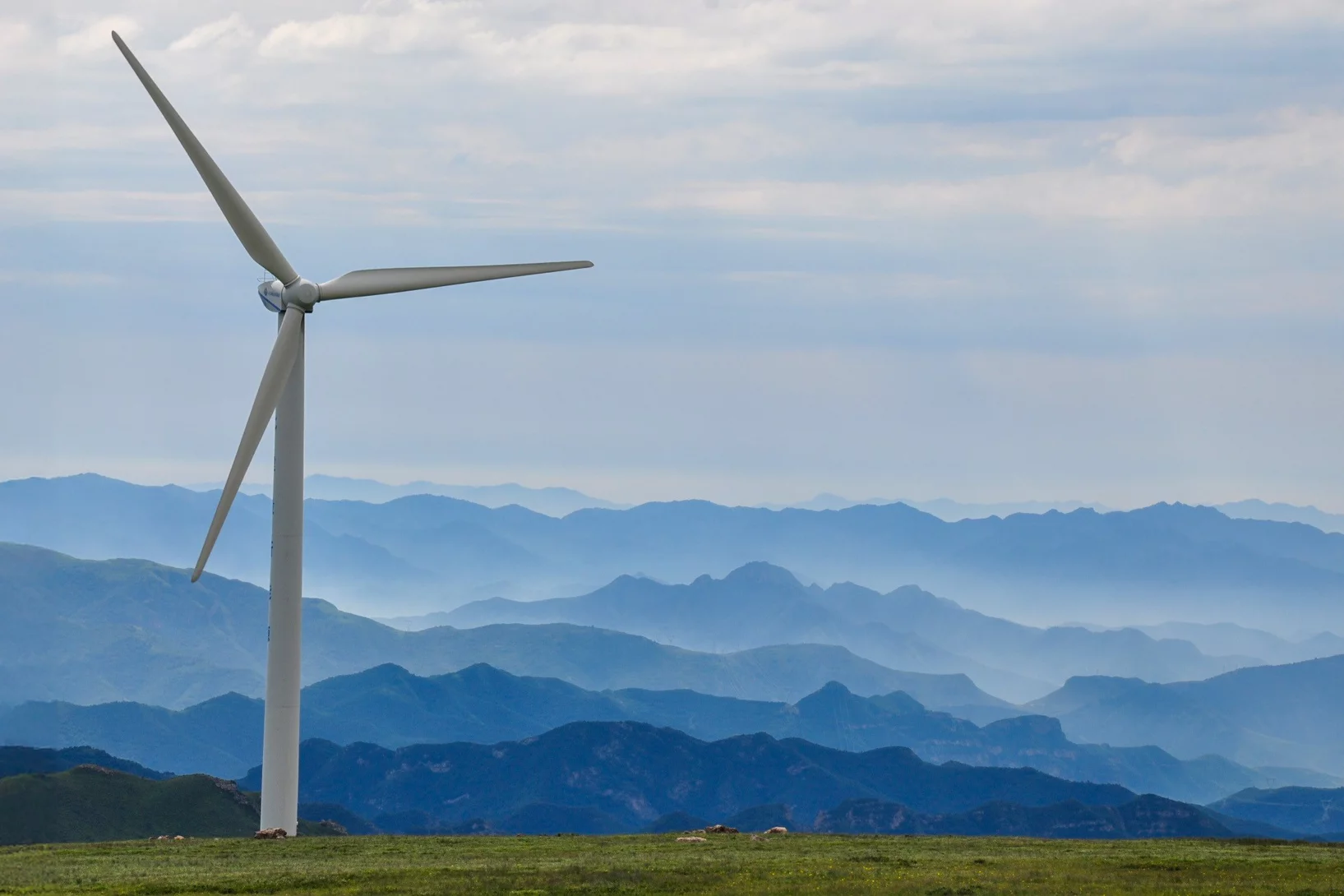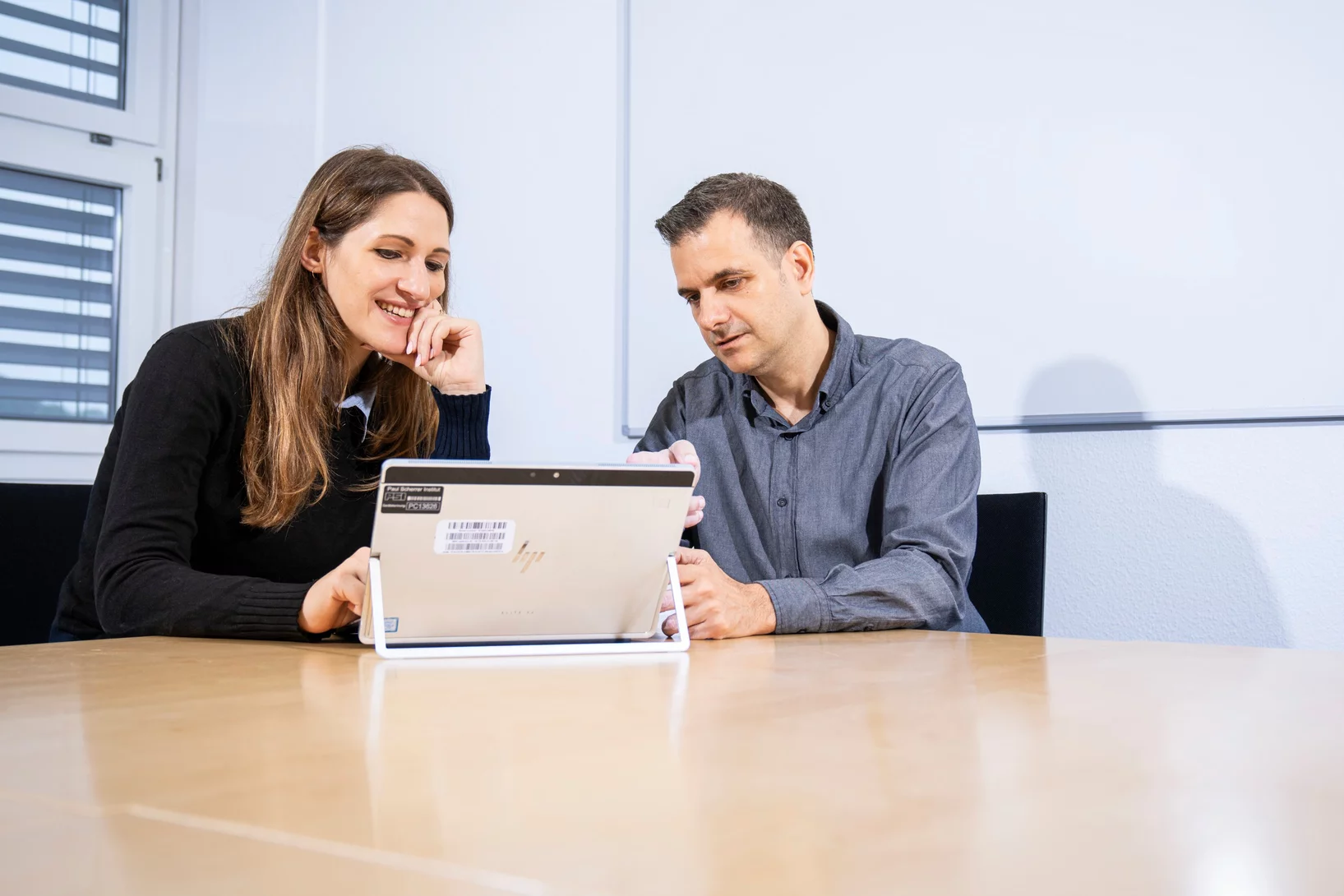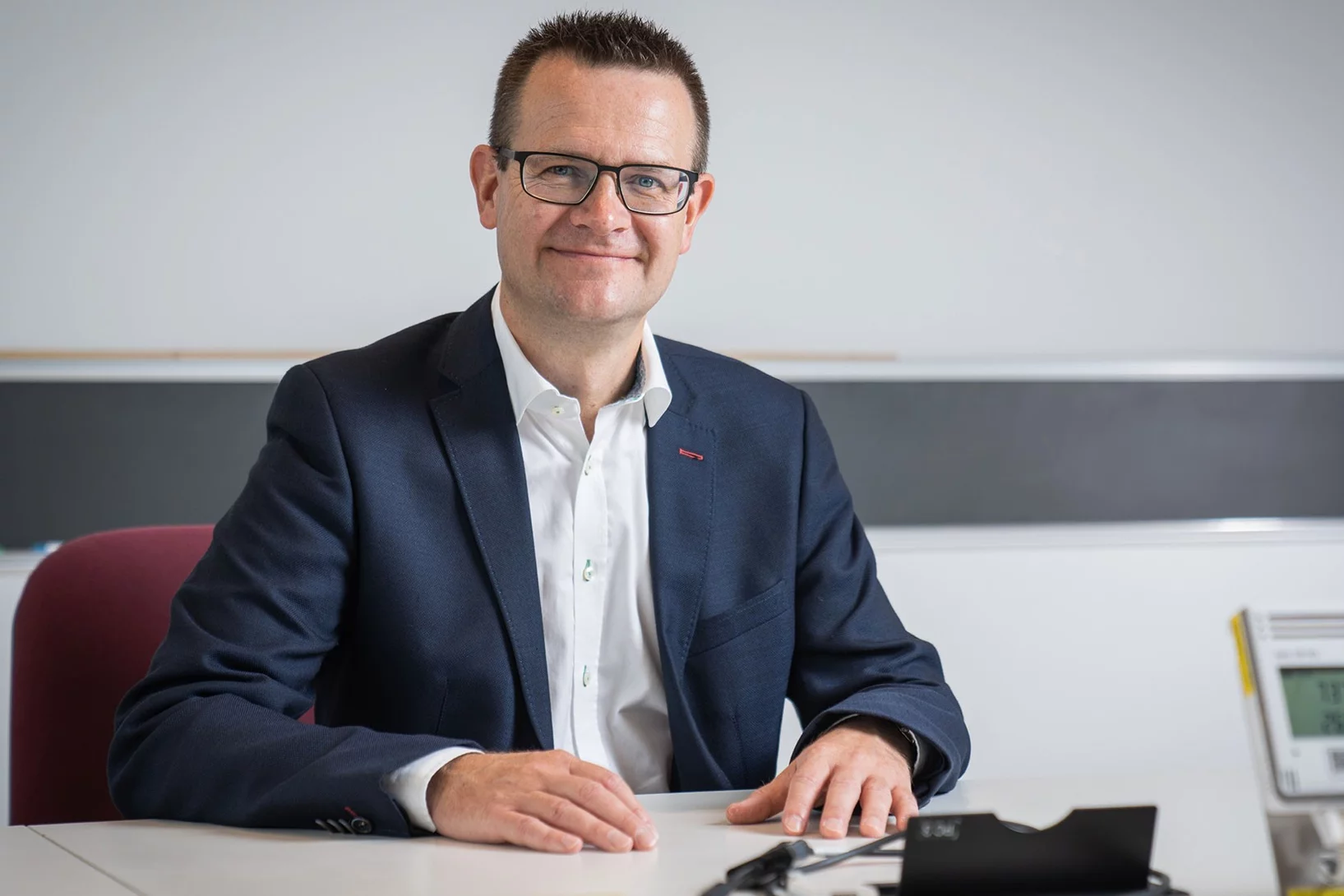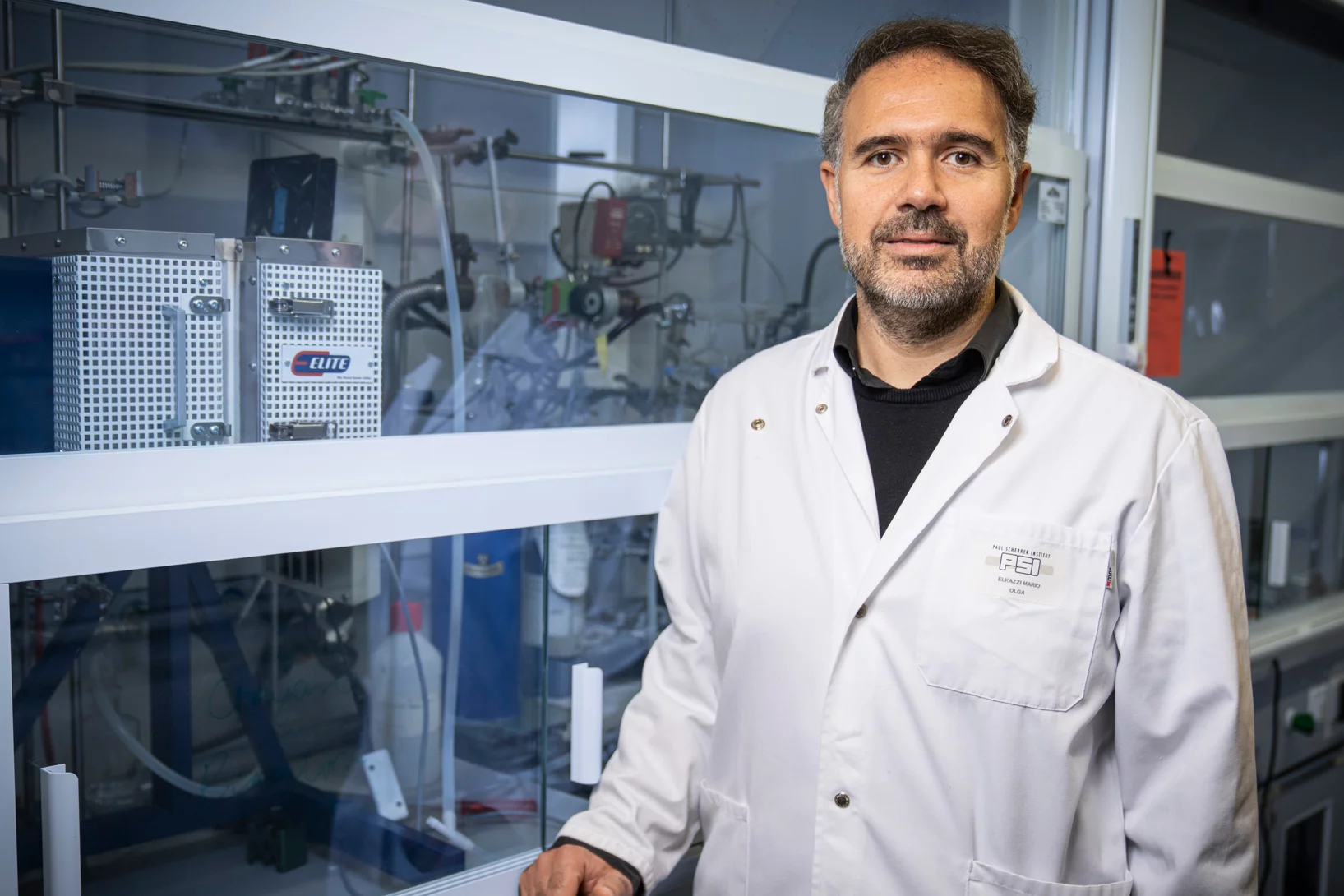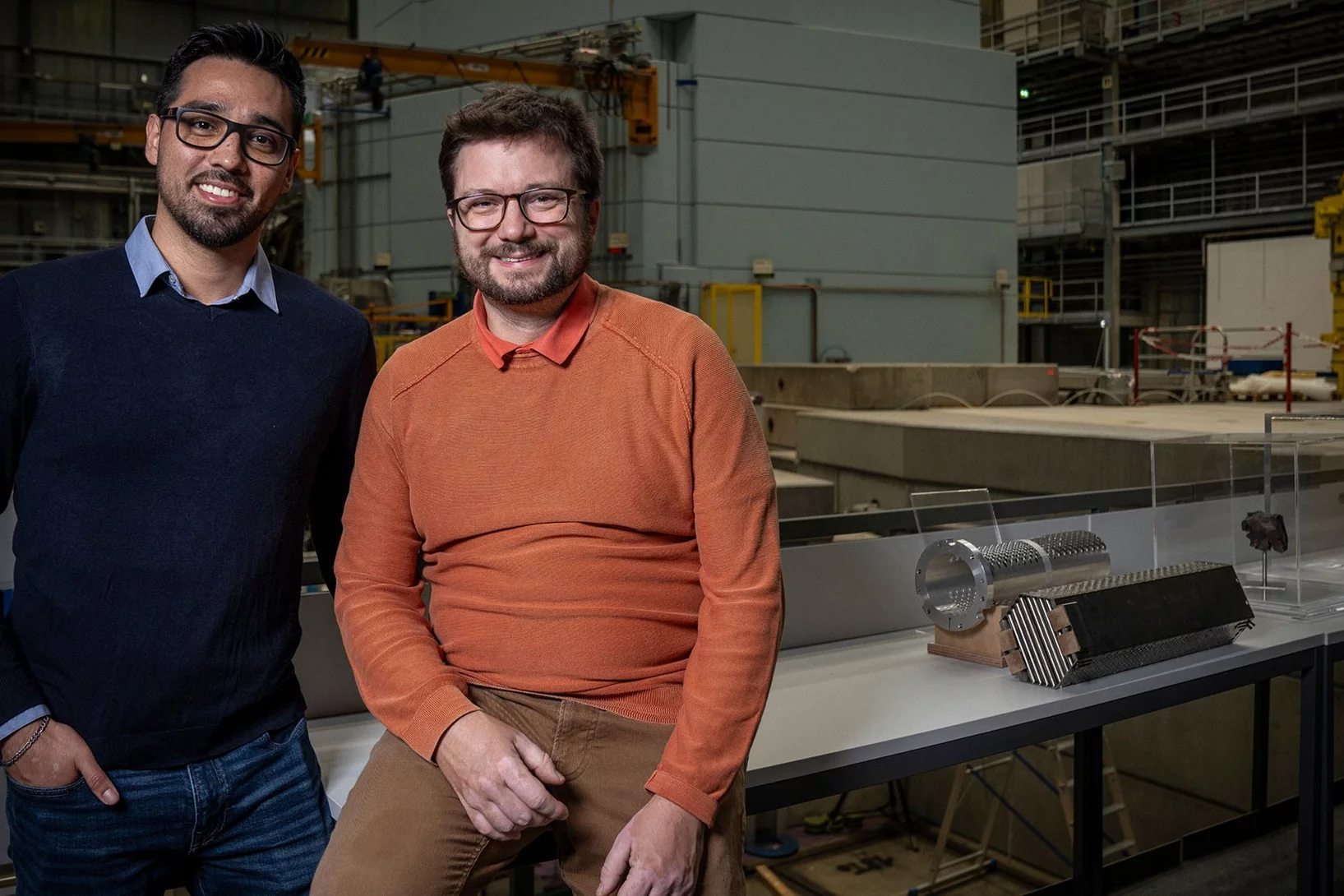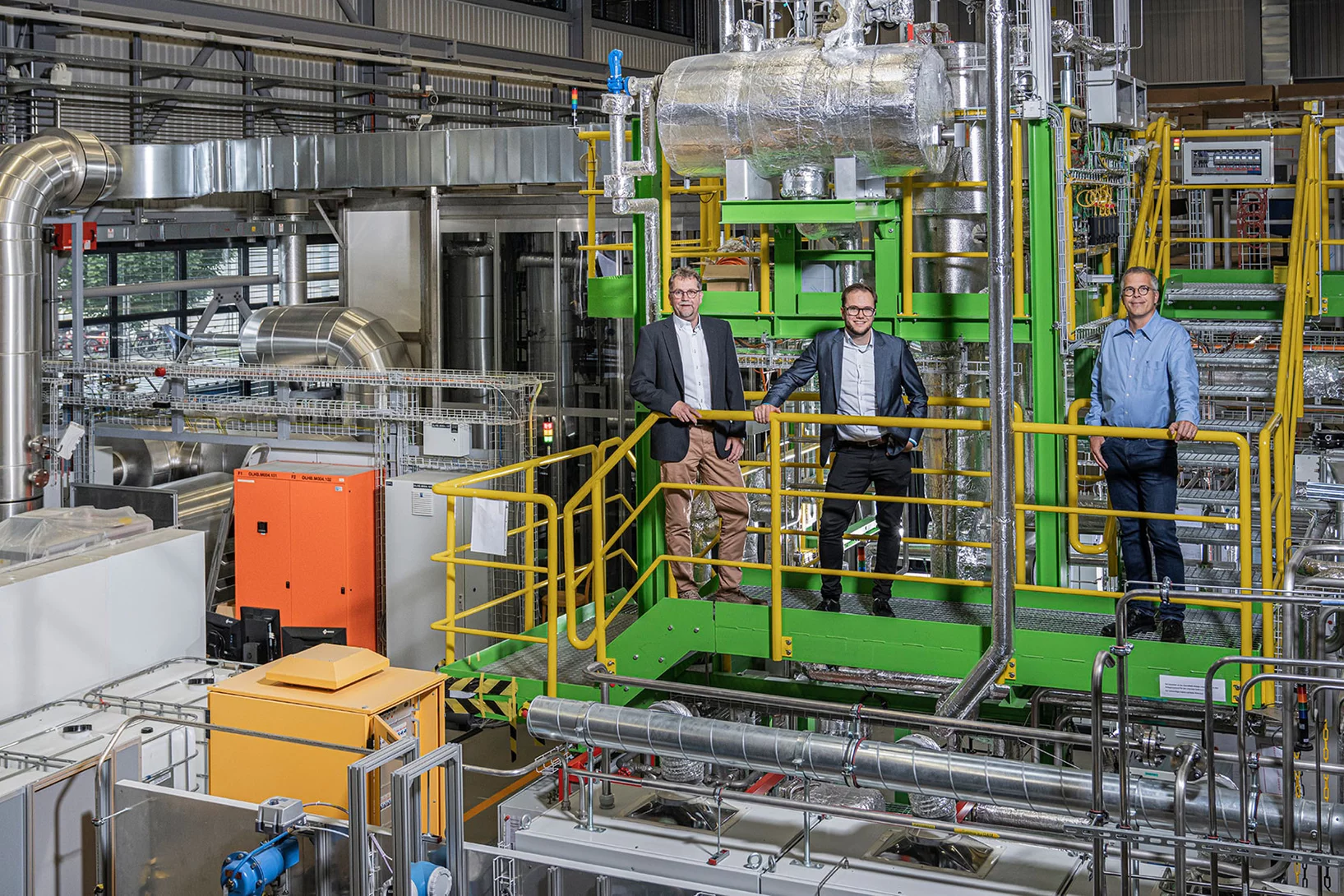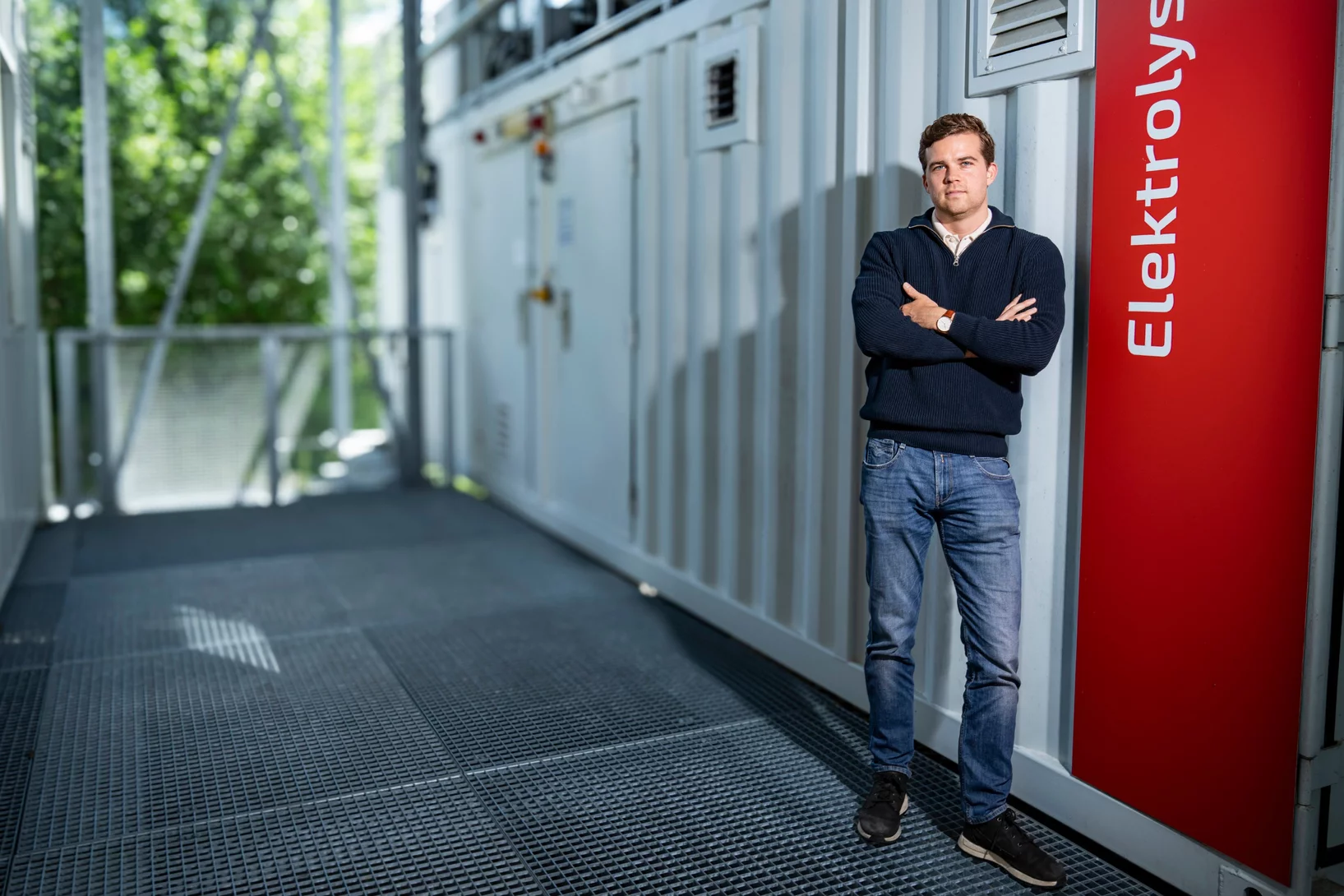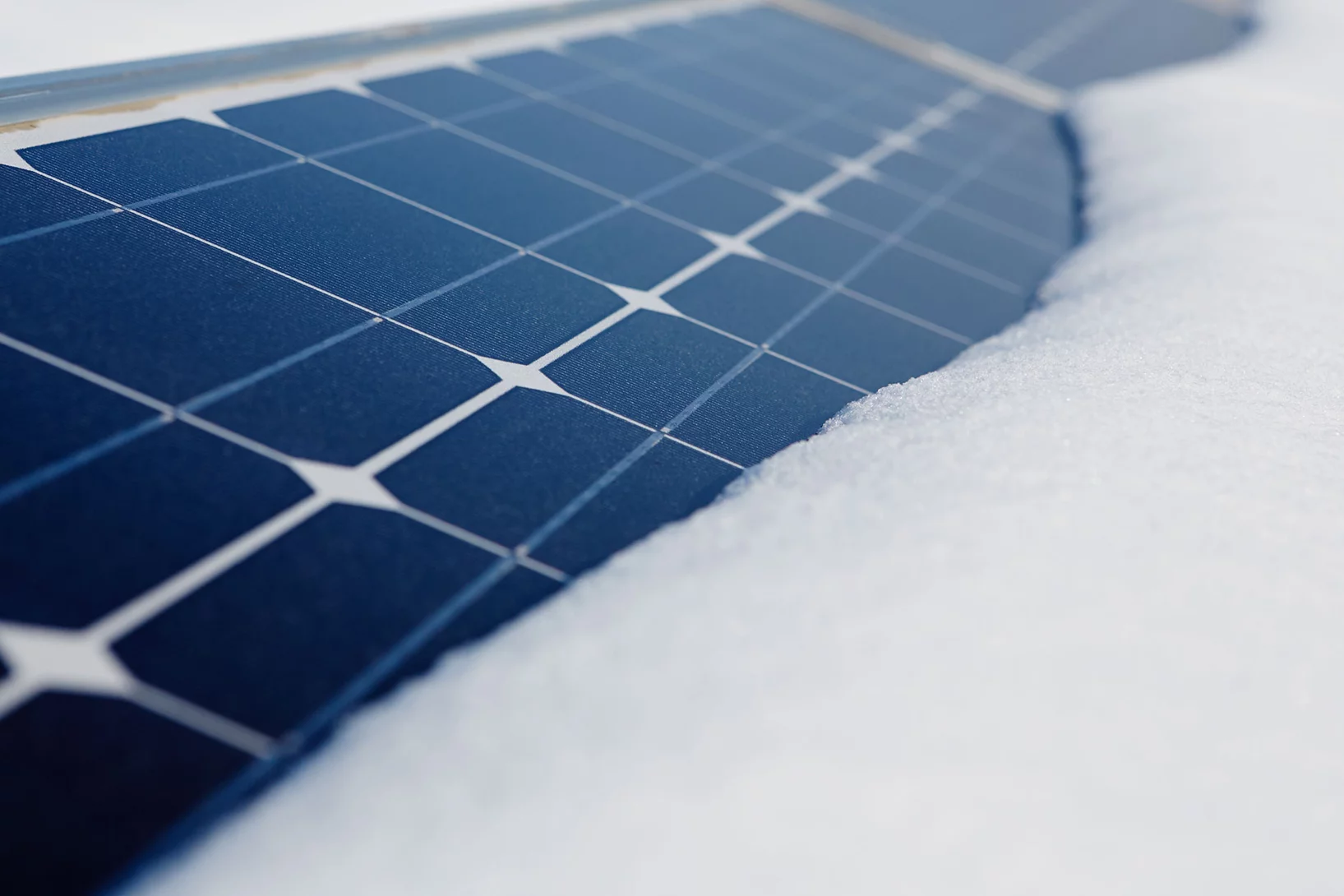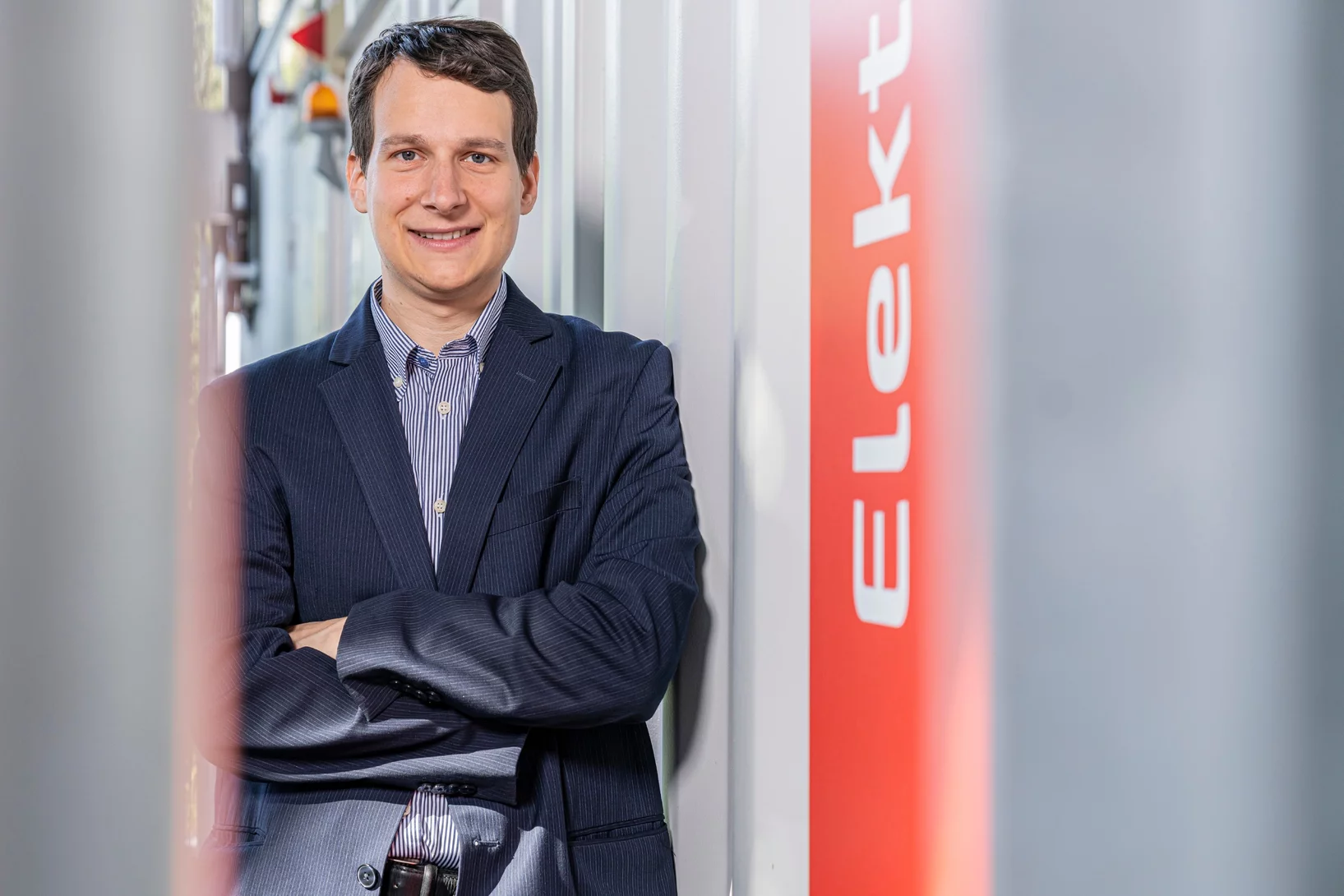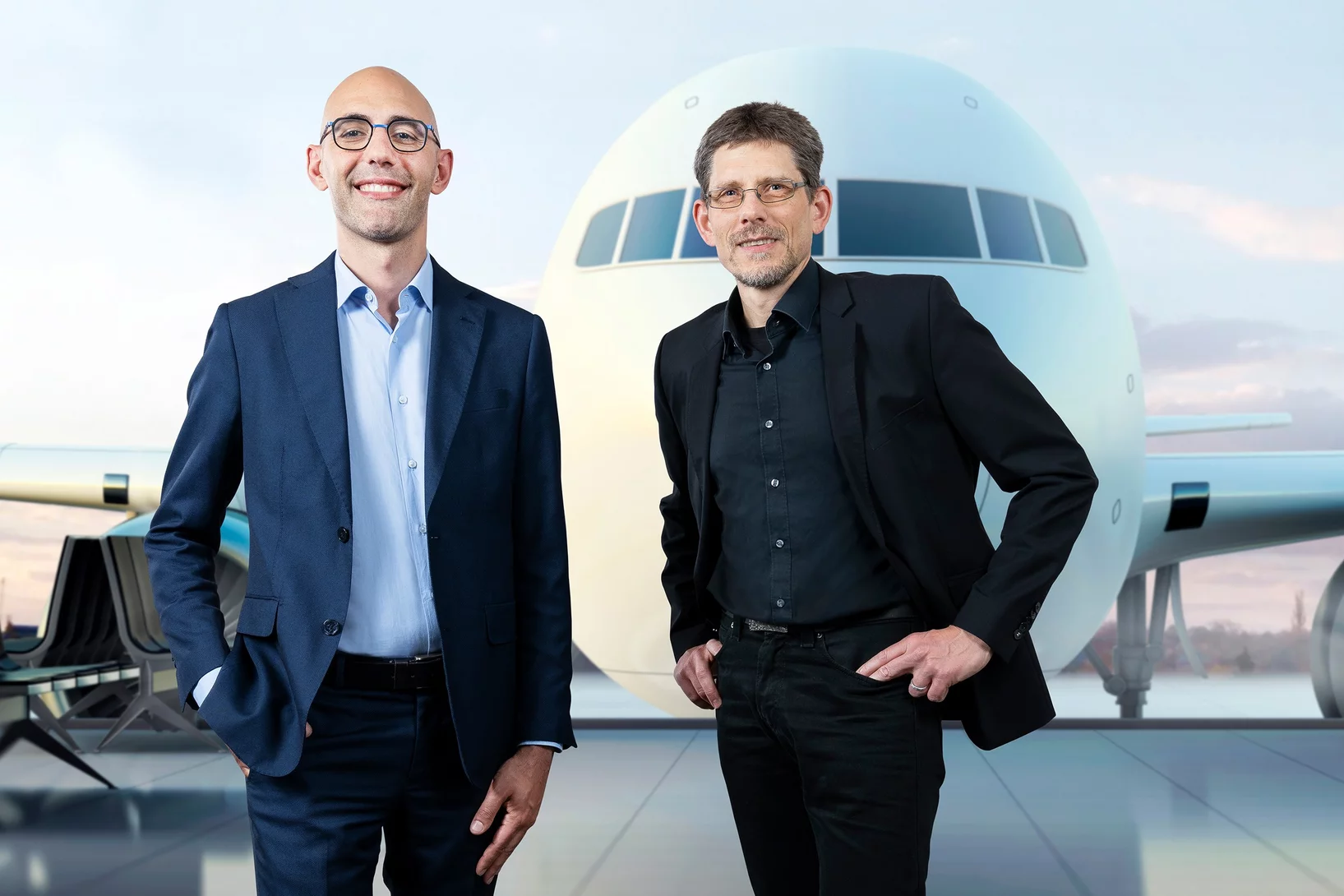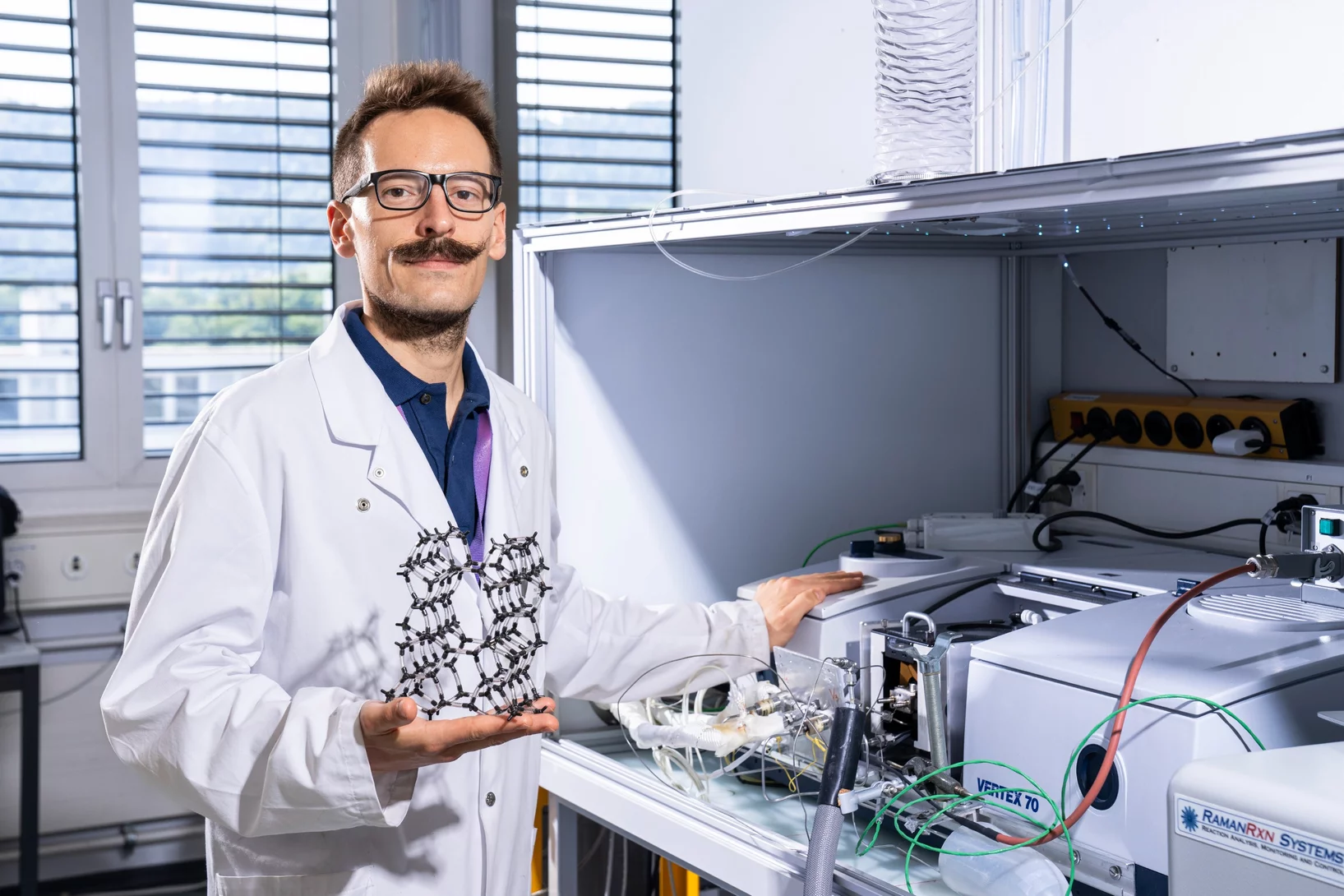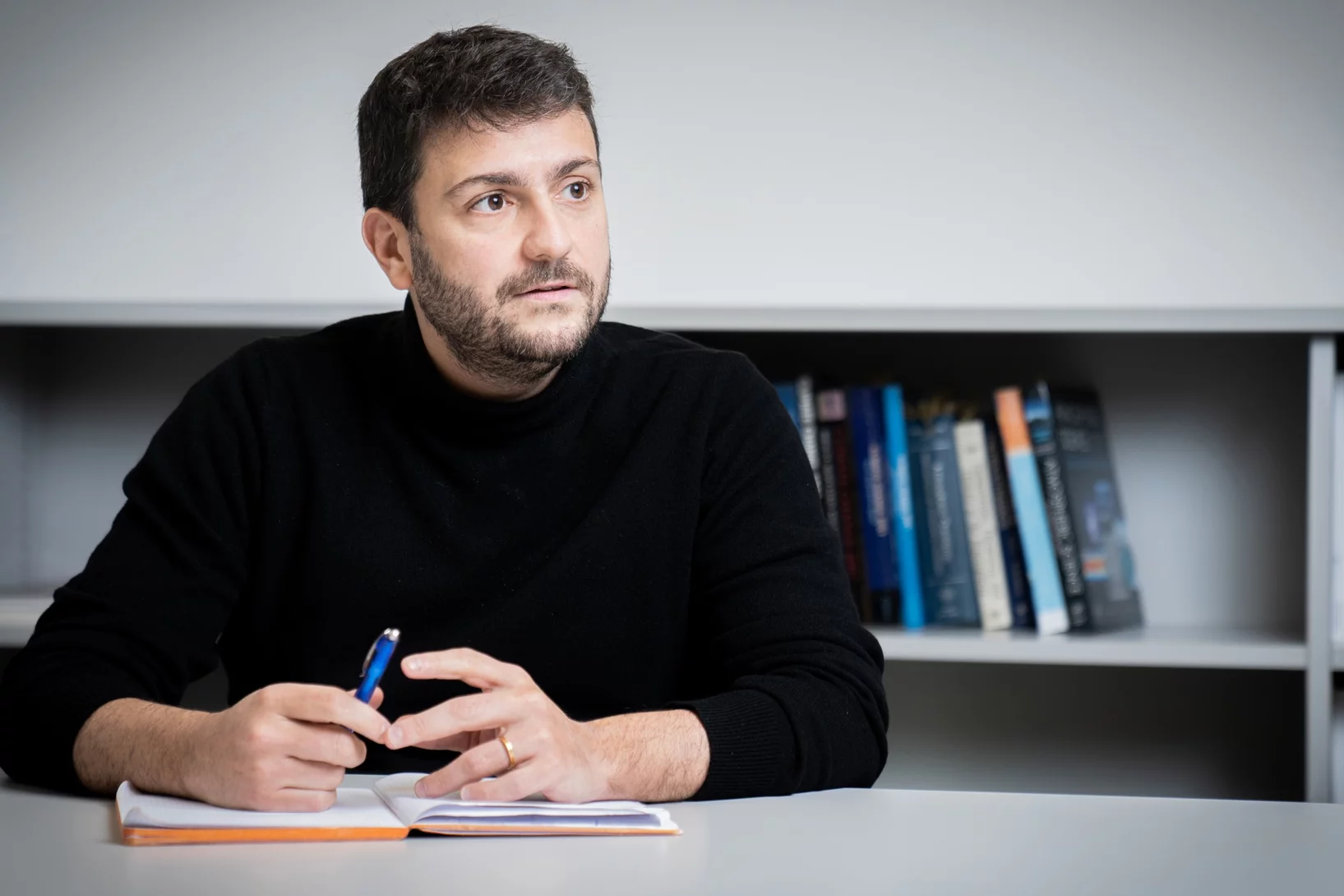Climate change is one of the greatest challenges of our time. Switzerland aims to be climate-neutral by 2050 – in other words, not to emit more greenhouse gases than can be absorbed naturally or by technical means. This calls on us to rethink our energy production and use – away from fossil fuels and towards climate-neutral energy sources. How can Switzerland become fit for a climate-neutral energy future? Researchers at PSI are looking for answers.
Working together towards the energy future
How can Switzerland become climate-neutral? The energy transition is a challenge for research and society alike. With their scientific expertise, PSI and its sister institutions in the ETH Domain are helping to objectify the debate.
Using energy efficiently
The efficient use of energy is the key to the energy transition. Energy storage makes renewable energy from wind, sun or biomass available when it is needed. Energy efficiency also plays a key role in the electrification of transport. And last but not least, we can all contribute to saving energy.
Securing the energy supply
How can the energy system be restructured while securing a sustainable energy supply? By using highly complex computer models, among other things, researchers at PSI are investigating a wide range of scenarios. Their analyses provide support to decision-makers in politics and business.
Rethinking mobility
The energy transition also means a mobility transition. The reduction in fossil fuels is not only leading to an increasing electrification of transport. PSI is also rethinking what can be used as fuel in the future.
Moving towards low-carbon road transport
Researchers at the Paul Scherrer Institute PSI have shown how road transport can be decarbonised through the clever integration of renewable energy systems.
Taking off with sustainable kerosene
Researchers around the world are working to find and optimise new ways of producing climate-neutral aviation fuel. At PSI, together with industry, they’re exploring a promising approach.
A complex promise
There’s more to climate-neutral aviation than just reducing emissions during flights. A PSI study analyses what is needed to achieve this long-term goal.
Understanding air and climate better
The more we know about the climate, the better we can understand how it is changing and the impact we as humans have on it. The climate is closely linked to what happens in our atmosphere. This is why researchers at PSI are investigating the processes in the atmosphere and are analysing factors that affect the climate or are relevant to health using state-of-the-art methods.

